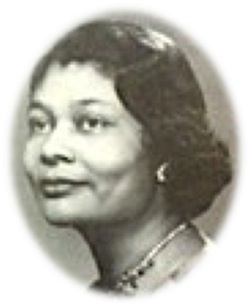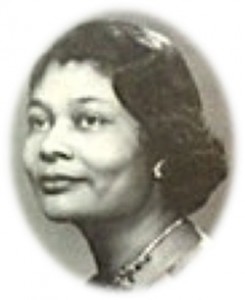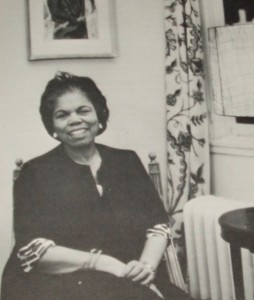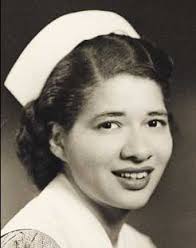
Lillian Holland Harvey
Registered nurse Lillian Holland Harvey is best known for her work in education. She became Dean of Tuskegee University School of Nursing in 1948 and held the position for nearly 30 years. During her time as Dean, Harvey was pivotal in establishing and offering Alabama’s first Bachelor of Science degree in nursing. The program offered students a strong education, complete with hands-on hospital experience – both locally and out of state.
Harvey believed that everyone deserved professional acknowledgement, regardless of his or her background. Even the harsh segregation rules of the 1940’s didn’t deter her, and she went on to achieve a number of honors. Harvey’s graduates say that she impacted their lives strongly and led by example. She showed them the importance of advancing their education, striking a balance between work and family life, and finding ways to get involved with their local communities.
Estelle Massey Osborne
Born in 1901, Estelle Massey Osborne became the first black woman to earn a master’s degree in nursing. But this isn’t the only fact that distinguishes her. Throughout her career, Osborne dedicated herself to improving the options available to black nurses across the country. Her goal was to ensure that black nurses received just as high-caliber an education as their white counterparts.
In 1943, Osborne became a consultant for the National Nursing Council for War Services and helped to get the color ban lifted from nursing in the US Army and Navy. She also assisted in almost doubling, within two years, the number of training schools that would accept black students.
Then in 1945 she became the first black member of New York University’s teaching faculty and used her position to continue to fight for black nurses’ rights. Osborne’s legacy lives on in the form of the Estelle Massey Osborne Scholarship for registered black nurses interested in studying a nursing master’s degree full time.
Betty Smith Williams
Betty Smith Williams grew up in South Bend, Indiana and says that she “saw very early on how activism and collectivism could impact change.” Williams took this philosophy with her into the nursing world and became the first black individual to wear the cap of Cleveland, Ohio’s Frances Payne Bolton School of Nursing. She also went on to become the first black person to teach at either a college or university in the entire state of California.
But perhaps Williams’ most groundbreaking achievement was co-founding the National Black Nurses Association in 1971. The Association is dedicated to providing black nurses with the impetus to act collectively and to improving general healthcare for African Americans. Williams became the seventh president of the association and says, “What satisfies me most is that through my work, and the work of my peers, we have stimulated others to find avenues in nursing.”
***Information sourced from: http://www.associates-degree-in-nursing.org/***



